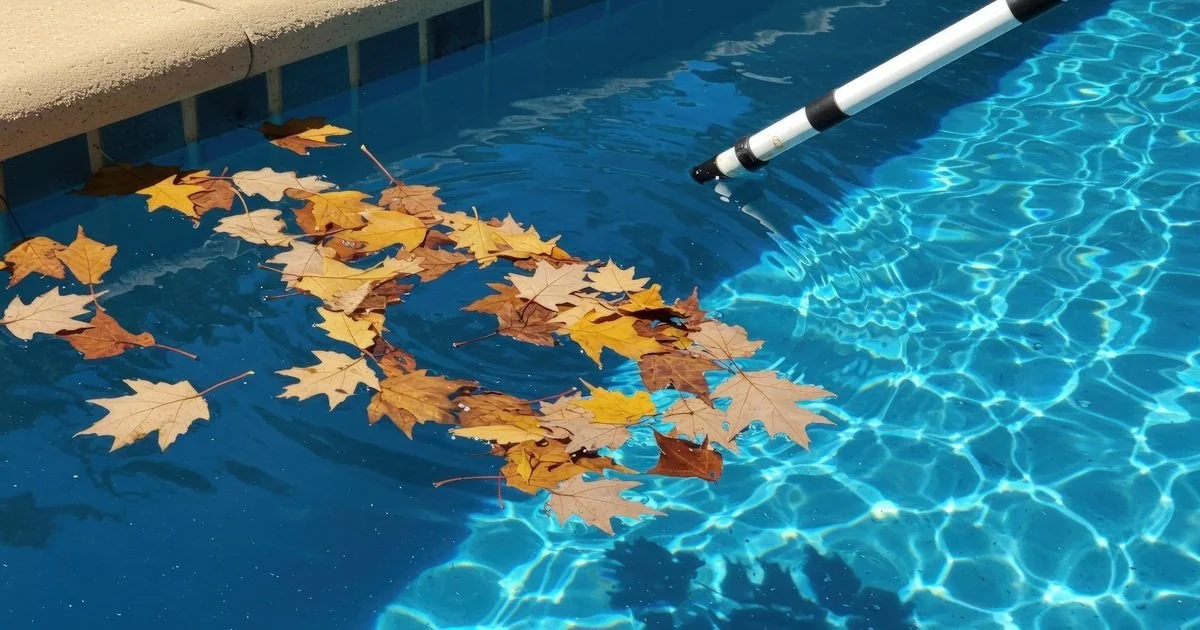Pool & Spa Inspection in Houston
A professional pool and spa inspection begins with a thorough evaluation of the structure itself, including the shell, finish, coping, decking, and surrounding hardscape. Inspectors look for cracks, separation, uneven settling, and signs of structural stress—all of which are common in Houston due to shifting clay soil and seasonal moisture changes. Even small fractures can worsen over time, leading to leaks, water loss, or costly resurfacing. Surface conditions such as plaster wear, staining, etching, discoloration, and tile deterioration are also examined to determine whether maintenance or renovation is needed.
Beyond the visible components, inspectors assess the condition of grout lines, expansion joints, and tile adhesion. Improper installation or age-related deterioration can lead to water infiltration that weakens the surrounding structure. For spas, additional attention is given to seating areas, jets, lighting housings, and interior finishes, ensuring that all design elements remain both functional and safe. This structural assessment forms the foundation for determining the true health and longevity of the pool or spa.
Assessing Pumps, Filters, Heaters, and Circulation Systems
A key component of a pool or spa inspection is examining the mechanical equipment responsible for water circulation, filtration, and heating. Inspectors evaluate the pump's performance, check for leaks, inspect seals, confirm proper flow rates, and ensure that the motor is operating efficiently. They also assess the filtration system—whether sand, cartridge, or DE—to determine cleanliness, wear, and overall effectiveness. A failing filtration system can lead to cloudy water, algae growth, and chemical imbalances that create ongoing maintenance issues.
Heaters, automation panels, chlorinators, salt systems, and pool/spa controls are tested for safety and functionality. In Houston, where pools are often used year-round, equipment efficiency is especially important for managing energy consumption. Inspectors check for rust, corrosion, weak connections, and age-related decline, helping homeowners understand whether upgrades or repairs may be needed to maintain optimal performance and water quality.
Detecting Leaks, Plumbing Issues, and Water Loss
Leak detection is one of the most critical steps in a pool and spa inspection. Underground plumbing lines—such as return lines, skimmers, drains, jets, and spa circulation plumbing—are evaluated for proper pressure and flow. Changes in soil movement, aging pipes, or improper installation can cause leaks that go unnoticed until significant water loss occurs. Inspectors may perform pressure testing or use specialized detection equipment when signs of leakage appear.
Even small leaks can lead to major problems, including increased water bills, soil erosion, deck movement, and damage to surrounding structures. Inspectors also assess evaporation levels and compare them to expected seasonal averages. If water loss exceeds normal evaporation rates, it may signal a hidden plumbing or structural issue that requires further investigation. This early detection protects homeowners from long-term damage and expensive repairs.
Water Quality, Safety Features, and Code Compliance
Inspectors also analyze water balance, testing pH, chlorine levels, alkalinity, calcium hardness, and overall clarity. Poorly balanced pool water can damage surfaces, corrode equipment, and create unhealthy swimming conditions. Ensuring proper water quality helps homeowners maintain a clean, safe, and enjoyable environment while extending the lifespan of the pool or spa’s materials and systems.
Safety features are equally important. Inspectors check for compliant drain covers, functional backflow prevention devices, secure pool fences, gate latches, handrails, lighting, and anti-entrapment measures. Houston properties must adhere to specific safety requirements designed to prevent accidents and ensure safe operation. An inspection verifies whether the pool or spa meets these standards or requires corrections before use.
Ideal for Buyers, Homeowners, and Investors in Houston
Pool and spa inspections are essential during real estate transactions, helping buyers understand the condition of these high-value amenities before purchasing a home. A thorough inspection reveals whether a pool is in move-in-ready condition or requires repairs, upgrades, or resurfacing. This information is especially vital in Houston, where pools are common features that significantly affect property value and long-term maintenance costs.
For current homeowners and investors, regular inspections ensure that the equipment remains functional, the structure is stable, and the water system stays efficient. Early detection of issues helps minimize repair expenses and protects the long-term usability of the pool or spa. Whether evaluating long-term maintenance needs or preparing for renovations, a professional inspection provides clear, actionable insights.
Your Connection to Houston’s Most Trusted Pool & Spa Inspection Specialists
A pool or spa is a major feature in any Houston property, and ensuring its safety and performance requires expert evaluation. If you need a reliable inspection—whether for a home purchase, annual maintenance, or concerns about leaks or equipment issues—reach out to us. We partner with experienced, certified specialists who deliver accurate assessments and clear guidance. Contact us today, and we’ll connect you with the right professionals to protect your investment and ensure your pool or spa stays in excellent condition.



